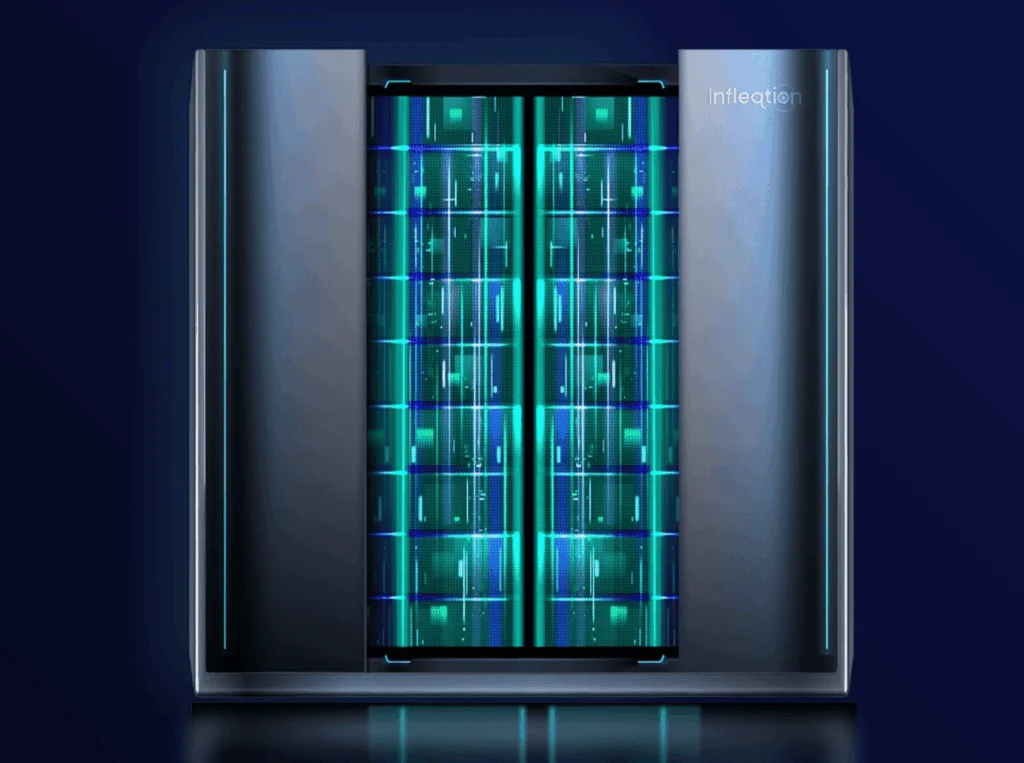Insider Brief
- Quantum Brilliance, CyberSeQ, and LuxProvide signed a letter of intent to develop quantum-secure encryption methods using post-quantum cryptography and true random numbers.
- The project integrates nondeterministic quantum-derived numbers from Quantum Brilliance’s virtual quantum processing unit into CyberSeQ’s PQC algorithms, with validation conducted on LuxProvide’s MeluXina supercomputer.
- The collaboration targets rising demand for certified randomness in PQC standards from NIST and European agencies, with applications across industries such as financial services and data security.
PRESS RELEASE — Quantum Brilliance, CyberSeQ, and LuxProvide announced a letter of intent to collaborate on quantum-secure encryption methods aligned with post-quantum cryptography (PQC). The partnership will focus on algorithms that use true random numbers to resist attacks from quantum-capable adversaries.
True random numbers generated by Quantum Brilliance’s virtual quantum processing unit are nondeterministic outputs of quantum-physical measurement. They enable Certified Randomness for use across current and emerging PQC standards from NIST and European agencies such as BSI, ENISA, and ANSSI. Quantum Brilliance’s diamond-based quantum accelerators operate at room temperature, which supports availability, miniaturization, and parallel deployment in data centers.
CyberSeQ will integrate 32-byte blocks of quantum-derived numbers into specialized PQC algorithms and assess statistical quality, entropy, and certifiability. Validation will run on LuxProvide’s MeluXina supercomputer. Demand for PQC is rising across sectors, with financial services and other industries seeking new approaches to encryption and authentication that can withstand quantum-enabled computation.

“This partnership is an important milestone on the path to near-term cybersecurity and encryption. Post-quantum cryptography will not succeed without Certified Randomness, and our quantum accelerators are well-suited to play a leading role. Together with our partners, we look forward to developing tamper-resistant, future-proof IT security,” said Mark Mattingley-Scott, Head of Europe at Quantum Brilliance.
“With this partnership, we will advance security for the quantum era. We are integrating true random numbers into our PQC reference architecture, delivering on our promise: quantum-secure, AI-smart, and cloud-native,” said Mark Tehrani, Founder and CEO of CyberSeQ.
“Our MeluXina supercomputer, combined with our tools, provides the optimal environment to generate and store true random numbers. We are excited to be part of this consortium and to contribute to a more secure digital future,” said Vittorio Santonocito, Head of Startup at LuxProvide.














